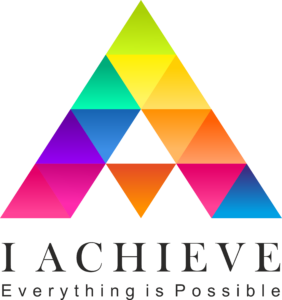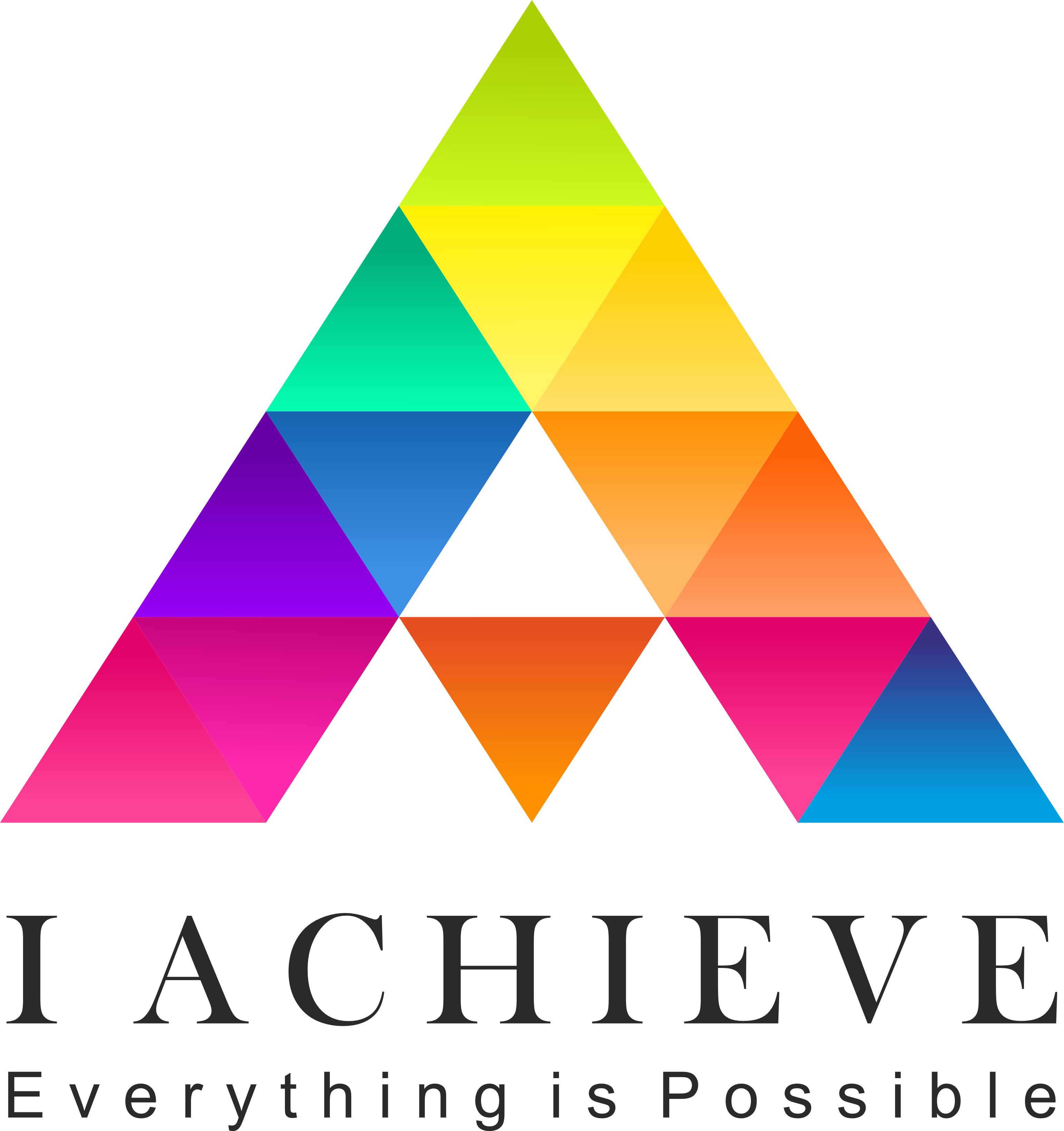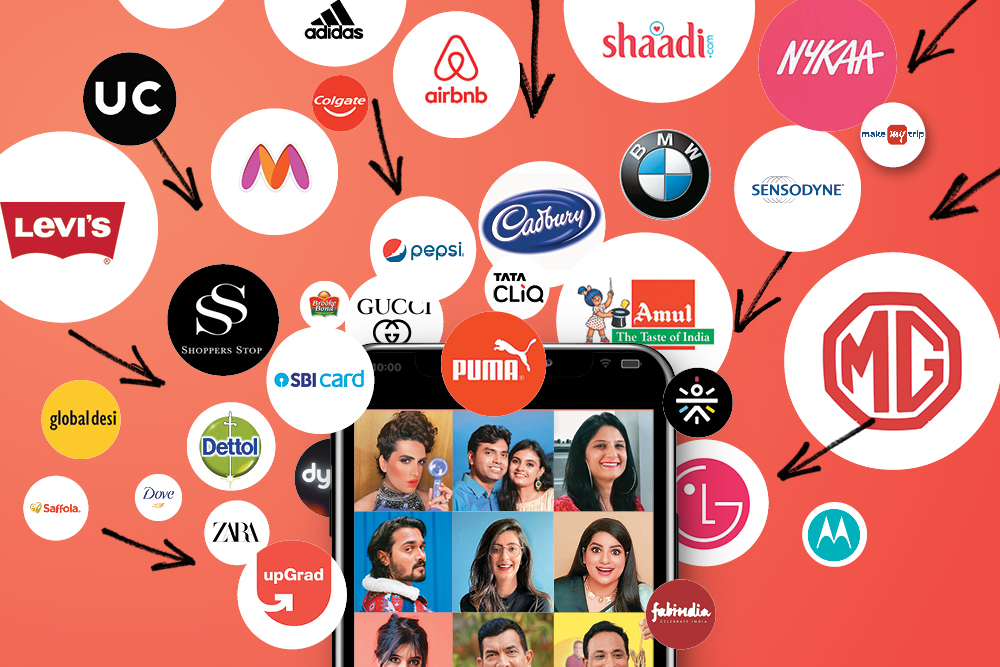Absolutely, using digital marketing to educate and promote the right things aligns with ethical practices and contributes to a positive impact on society. Digital marketing is a powerful tool that can be harnessed to disseminate accurate information, promote education, and encourage responsible behaviour. Here are some key considerations for using digital marketing to educate about the right things:

- Factual and Accurate Information:
Ensure that the content shared through digital marketing channels is based on facts and accurate information. Misleading or false information can have detrimental effects on individuals and society. - Promoting Educational Content:
Use digital marketing to share educational content that adds value to the audience. Whether it’s tutorials, guides, informative articles, or online courses, focus on providing content that helps people learn and grow. - Social Responsibility:
Embrace social responsibility in your digital marketing efforts. Promote messages that contribute to the well-being of individuals and the community. This could include promoting health and safety practices, environmental sustainability, or ethical business practices. - Transparent Communication:
Transparency is key in digital marketing. Clearly communicate your intentions, the source of information, and any affiliations. This builds trust with your audience and ensures that your messages are perceived as credible. - Promoting Positive Values:
Use digital marketing to highlight and promote positive values such as inclusivity, diversity, empathy, and ethical behavior. Encourage messages that foster a sense of community and mutual respect. - Health and Well-being:
Consider using digital marketing to promote health and well-being. This could involve sharing information about healthy lifestyles, mental health awareness, or promoting products and services that contribute to overall wellness. - Educational Campaigns:
Develop digital marketing campaigns that specifically aim to educate and raise awareness about important issues. This could include social causes, environmental initiatives, or public health campaigns. - Counteracting Misinformation:
Actively work to counteract misinformation. Identify common misconceptions within your industry or niche and create content that educates your audience with accurate information. - Interactive and Engaging Content:
Create content that engages your audience and encourages interaction. Interactive quizzes, polls, and discussions can be effective ways to educate while keeping your audience involved. - Ethical Marketing Practices:
Uphold ethical marketing practices. Avoid tactics that manipulate or deceive consumers. Provide clear information about products and services, and avoid making false claims. - Promoting Digital Literacy:
Use digital marketing to promote digital literacy. Educate your audience on how to critically evaluate information online, identify credible sources, and navigate the digital landscape safely.

By aligning your digital marketing efforts with the promotion of accurate information, education, and positive values, you contribute to a healthier and more responsible digital environment. This approach not only benefits your brand reputation but also has a broader positive impact on society.









